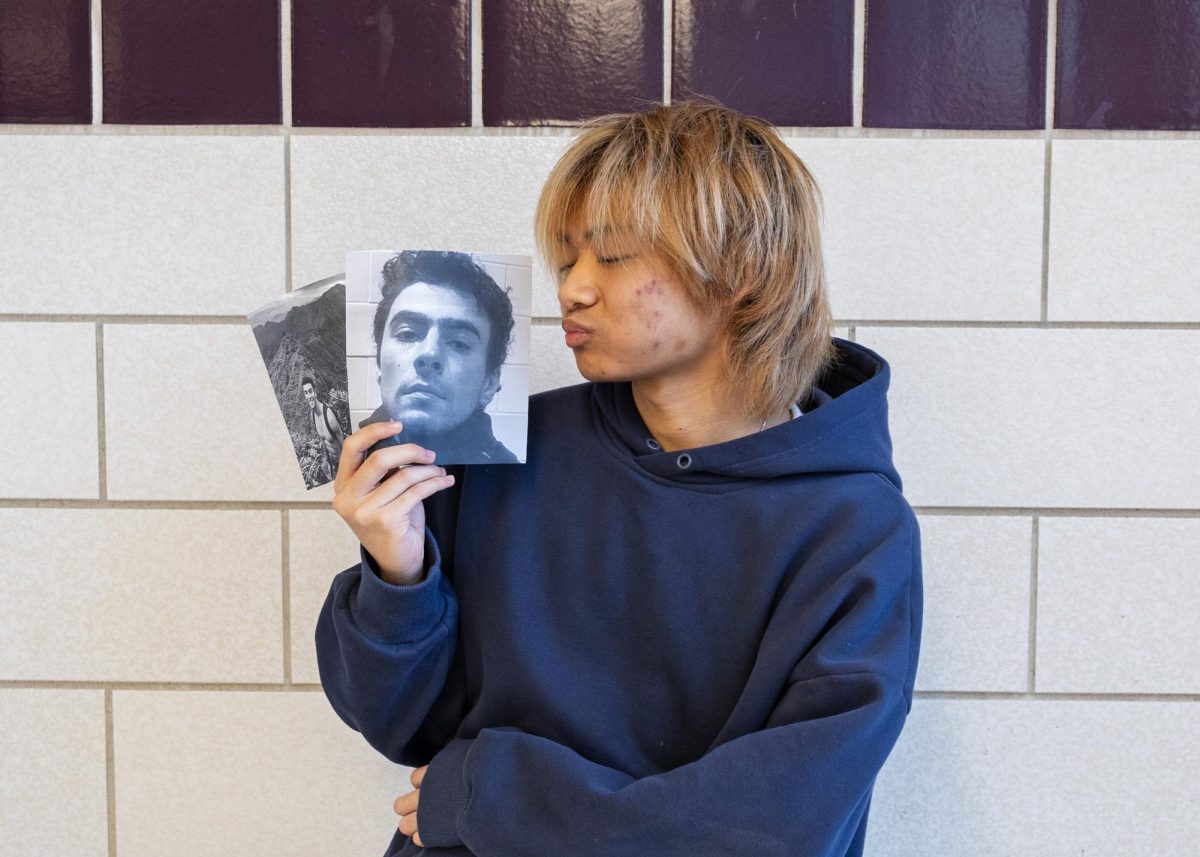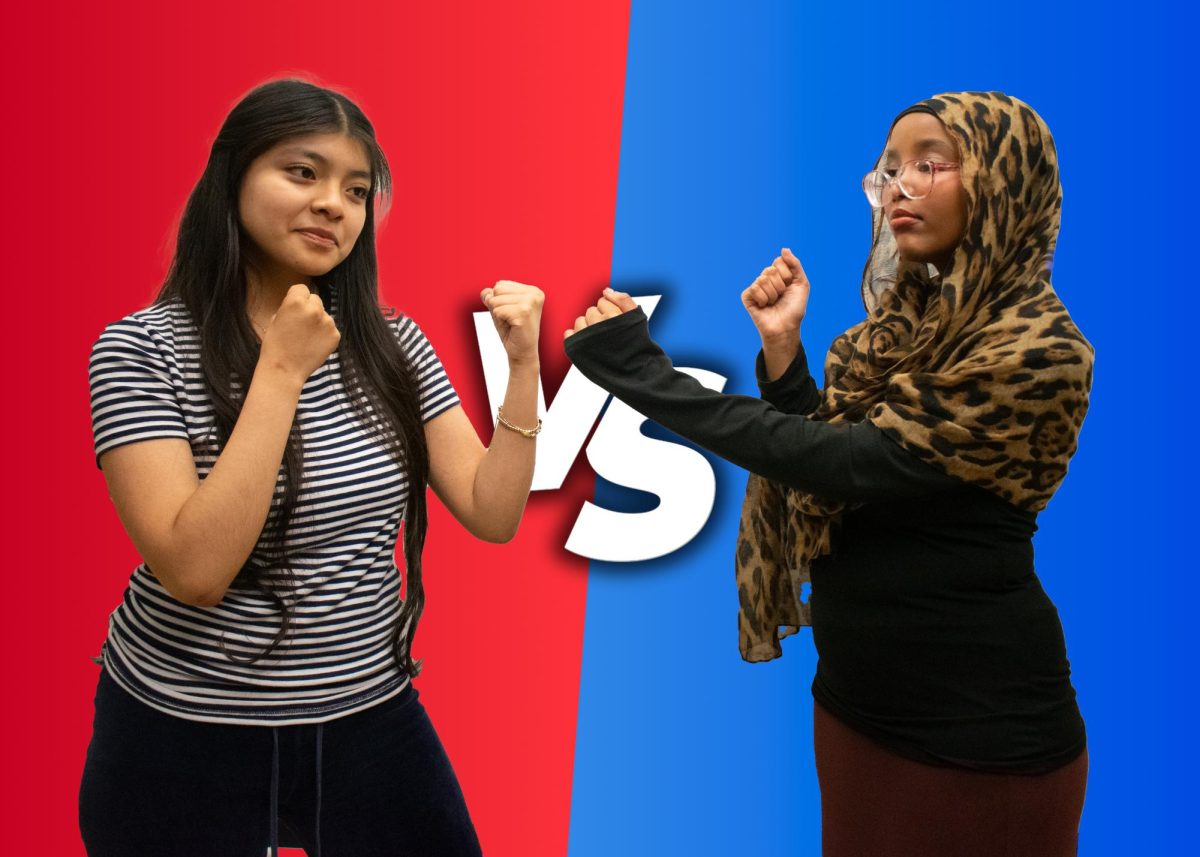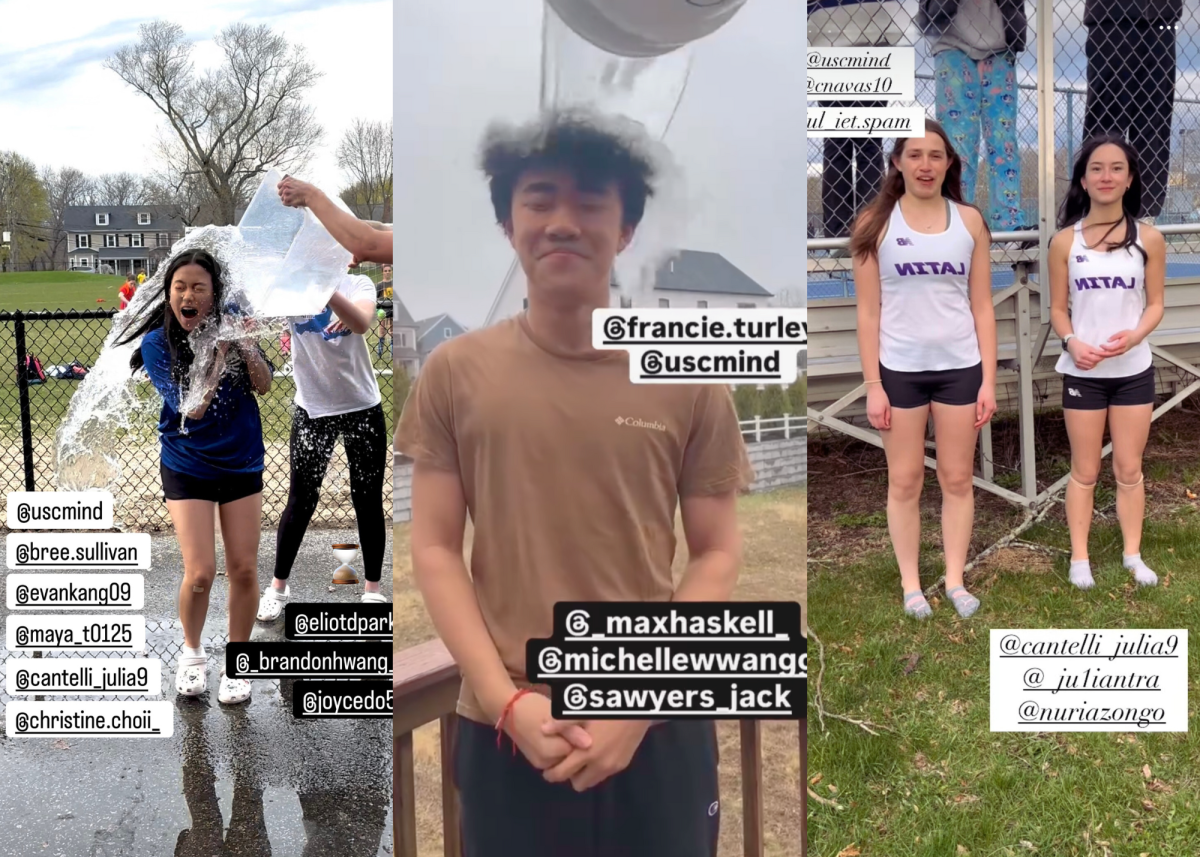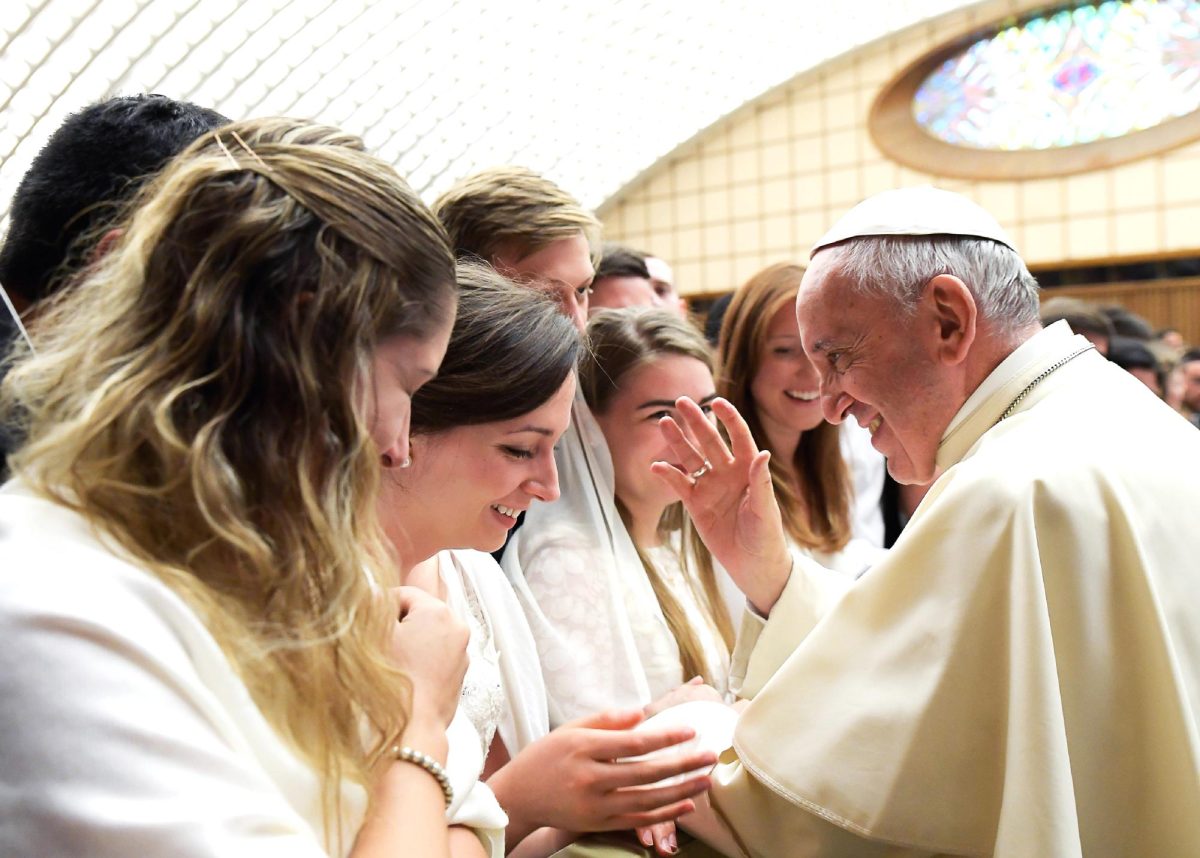Luigi Mangione, the man accused of killing the CEO of UnitedHealthcare — allegedly in protest against the injustices of the American healthcare system — has become an internet sensation overnight, but not because of the reasons he had allegedly sought to highlight. The spotlight has instead landed on his appearance, his charisma and his “bad boy anti-hero aesthetic.” This wave of publicity has raised awareness about economic disparity and the healthcare system, potentially inspiring newer generations to take initiative in addressing systemic inequality.
Mangione’s alleged shooting of Brian Thompson is believed to stem from frustration with issues within the United States’s healthcare system: denied claims, soaring premiums and inaccessible care are all-too-common realities for millions of Americans. Mangione’s reported grievances with UnitedHealth Group — a corporation that has faced criticism for profiting while their patients suffer — embodies the general discontent with a system that many feel is failing them.
The action could have sparked powerful critiques of corporate greed, but it has instead transformed into thirst edits and viral memes. Social media platforms are now flooded with hashtags like #HealthcareHottie and #JusticeForLuigi, overshadowing the message of reform that lies at the heart of Mangione’s alleged actions. Boston Latin School history teacher Mr. Dominic Rinaldi states, “By focusing on the superficial, it keeps the conversation just that: superficial. It makes something very serious, basically, another gossip magazine quote.”
So has the media’s portrayal of Luigi Mangione and his alleged crime trivialized this protest?
While the thirst traps may seem superficial, they have undoubtedly launched Mangione to stardom, allowing his core message of reform to reach the masses. Healthcare disparity has now been spotlighted as a current issue, and discussions about insurance claim denials and economic inequality are suddenly trending online and in-person. Audrey Howell (I) remarks, “It is a shocking event that got people to consider what a company was doing. It represents a bigger issue that companies like UnitedHealthcare are a part of, which will definitely be talked about.”
Thousands of people post commentaries on his looks, but this also drives many to delve deeper into the issue and discover more about Mangione’s alleged motives. Tiana Nguyen (III), an active social media user on many platforms, comments, “I first […] saw memes and edits of him on Instagram, which ultimately pushed me to learn more about the circumstances around the situation.”
While it is true that media coverage helped bring Mangione’s story to light, it is also important to note that social media has distorted serious issues in the past. The media’s portrayal of Mangione has faced criticism from many sides; some argue it overlooked the systemic issues he represented, while others feel it disrespected his family by sensationalizing his story.
It is worth questioning whether Mangione’s appearance played a role in the attention he received: would people have cared as much about the issue at hand if Mangione were not attractive? “Pretty privilege” is a common societal bias, and while it may have amplified the reach of his story, it arguably also detracts from the real issue at hand.
Media attention often sparks public discourse, which is essential for creating change. Rather than focusing on whether the media’s approach was appropriate, the real concern should be on whether or not the attention led to meaningful action. In this case, it definitely has.
Mangione’s case has become a catalyst for the younger generation to take action and engage with this issue. Cynthia Francis (II), a member of BLS’s chapter of Amnesty International, an organization that fights to preserve and defend human rights, adds, “I’d say that [the] media portrayal is overall beneficial, or else I don’t think awareness of this entire situation would have been to the same extent as it is now.”
With Mangione’s case now representing the overshadowed voice of the lower class, it has shed light on the need to improve healthcare. Conversations about Mangione’s actions have already sparked up across the country and a protest has appeared outside his courthouse hearing in New York City, uniting not only in support of Mangione, but also regarding their concerns with healthcare inequality.
Two pressing issues are ultimately captured by Mangione’s story: the urgent need to address healthcare inequality and the media’s tendency to sensationalize people rather than the issues they represent. While his image and charisma may have captured public attention, the message he’s allegedly trying to convey — the need for justice in healthcare — must not be overshadowed.
In the end, the challenge lies in channeling the publicity into meaningful change. In Mangione’s case, his moment of attention was leveraged into discussions of change through the many protests and discussions on healthcare inequalities. Rather than fading into a fleeting trend or another viral sensation lost to the digital realm, his story has become a symbol of justice. His case demonstrates how, when used correctly, media attention can inspire powerful movements for change.
Categories:
BREAKING NEWS: Luigi Mangione Is … Too Hot?
February 9, 2025
0








